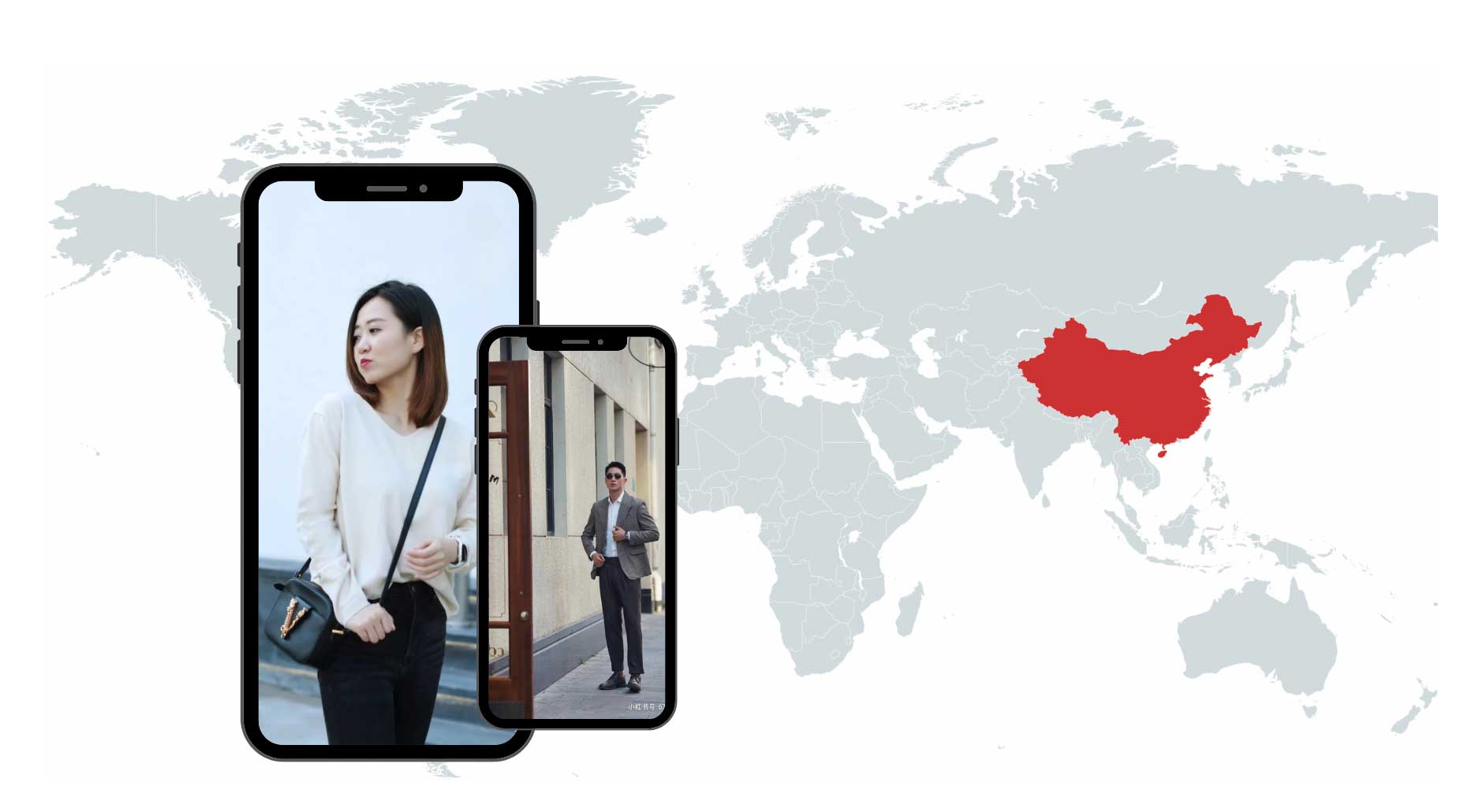When it comes to China’s luxury powerhouse, people can’t help but think of Beijing, Shanghai, and Guangzhou as their first thoughts. However, the trend is not inclined to these over-saturated markets anymore, data shows that the second and third-tier cities in China are gradually driving the growth of the luxury industry. They often do not have high spending power, but why do they have such a high purchasing power?
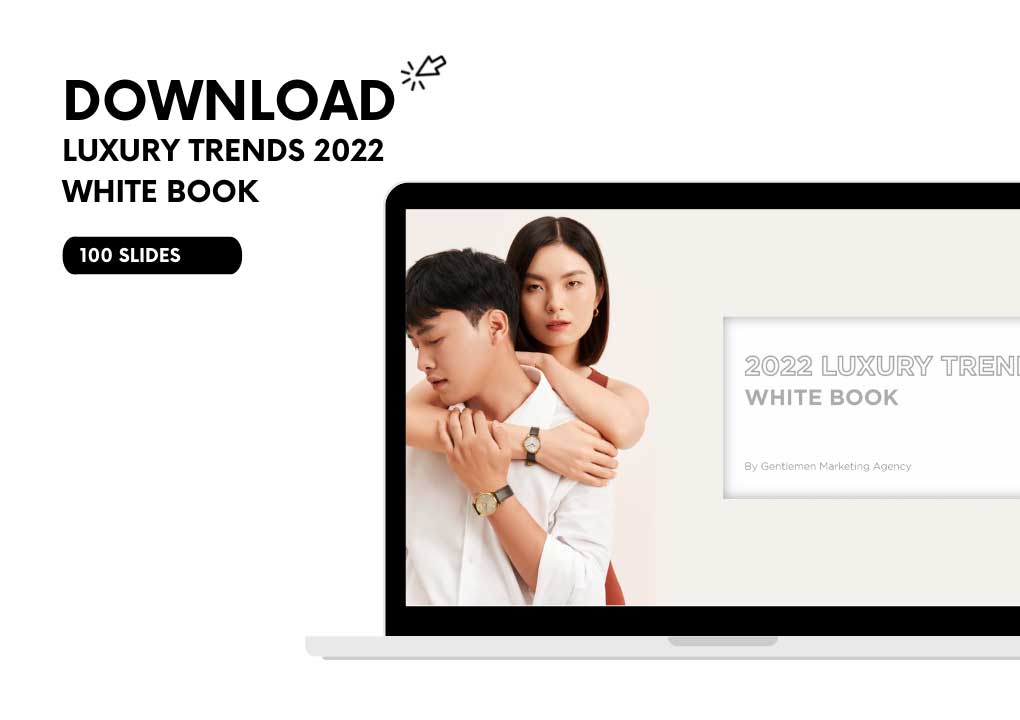
Purchasing Power of Luxury Goods in Lower Tier Cities
In second-tier and third-tier cities in China, 45% of middle-class consumers are interested in buying luxury goods, compared to 37% in first-tier cities. This is particularly important in the fashion, shoes, skincare, and cosmetics sectors. Today, the country has changed and the main HNWI (High Net Worth Individuals) are not located in Beijing and Shanghai anymore. They moved to lower-tier cities to enjoy a bigger apartment with higher benefits.
Percentage of Luxury Consumers in 2-Tier and 3-Tier Cities
There are five tiers of Chinese cities. Among the full list, 30 cities are second-tier cities. Even if Tier-4 and Tier-5 cities still represent a strong opportunity, you should focus on Tier-2 and Tier-3 cities to target your luxury audience.
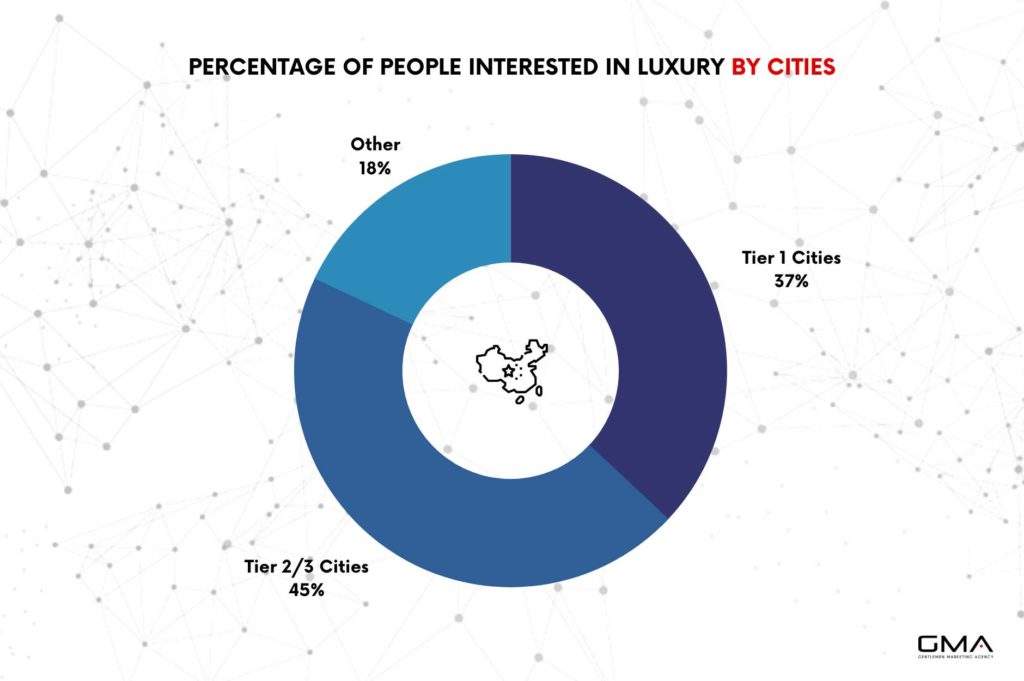
Take Wuhan, one of the Tier-2 cities, for example, which is in central Hubei province. According to recent statistics, in less than one year, the consumption amount of luxury goods in the Wuhan market reached 6-7 billion RMB, which has jumped to the TOP 5 in China’s luxury goods consumption market.
In Ningbo, most of the people who buy luxury goods are white-collar workers and private bosses aged 25~45. They have a very keen sense of fashion and value the quality of life. Although the consumption of luxury goods only targets a small group of people, the consumption of energy exploded in it is indeed quite amazing.
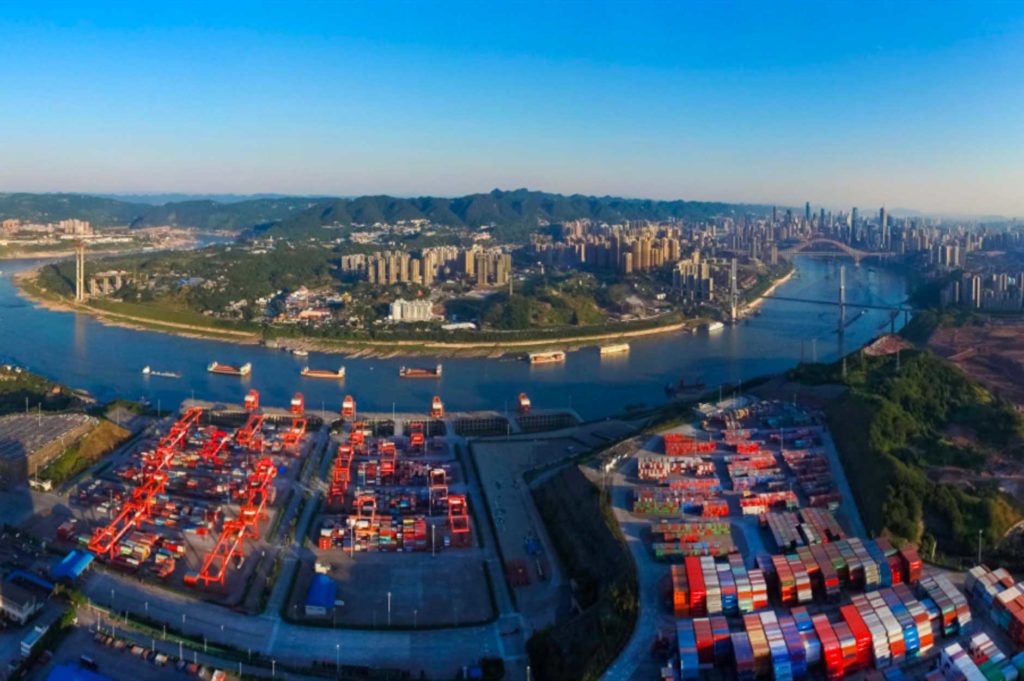
In Jiangsu province, Wuxi is becoming a new market for luxury goods to enter. The number of big international brands in Wuxi has reached more than 60. The private entrepreneurs are the main force among the big brand consumers. Thanks to the establishment of the bonded port area, Chongqing will save at least 5% of logistics costs for importing luxury goods from abroad and is expected to become a luxury consumption shopping center in the west. Although Shenyang does not have such good population mobility as Beijing and Shanghai, it has special features those other cities do not have, such as the fixed luxury consumption crowd in Shenyang, which can attract high-end people from neighboring cities.
Besides the data telling you that second and third-tier cities have amazing power in luxury buying, here are some facts you need to know before jumping into this opportunity.
TOP3 Things You Need to Know about Tier-2/3 Cities in China
1. A Primary Market with Low Competition
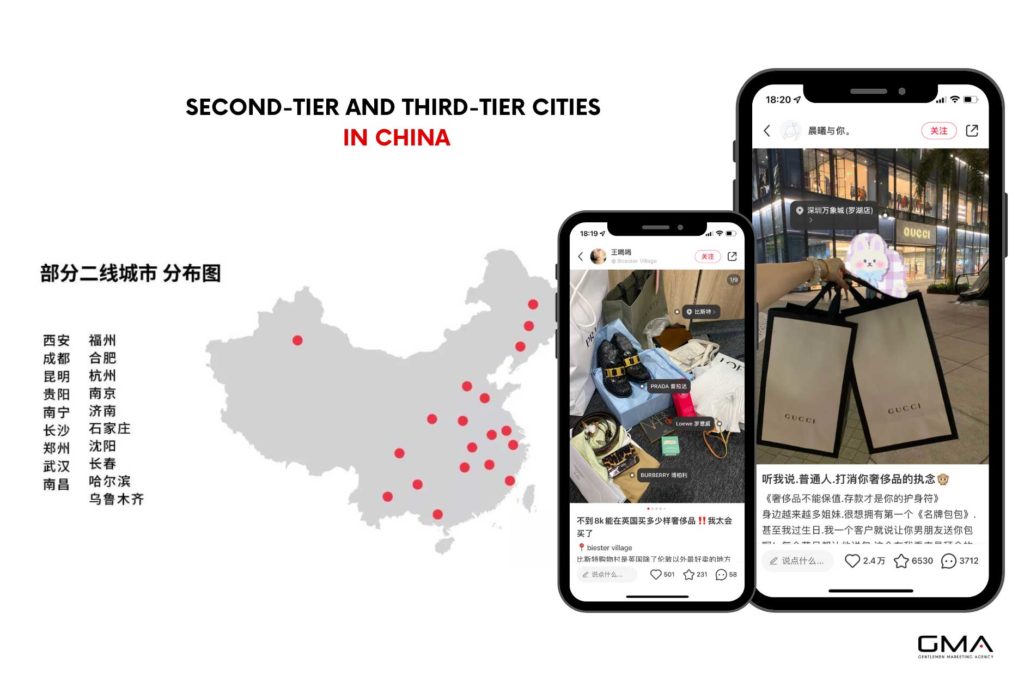
Luxury retail in China’s Tier-1 cities is reaching high saturation levels, and in order to capture the market early, international brands need to focus on less competitive markets. Nowadays, many rich people in China are not inclined to live in the first-tier cities with high buildings, serious environmental pollution, and congestion, and most of them choose to settle in the second and third-tier cities.
So, for luxury goods, the customer base is located in a land of opportunities. Compared with the first-tier cities, Tier-2 and Tier-3 cities have the advantages of low tax, low rent, and low space density. International brands have sufficient funds to expand to the primary market, which will greatly reduce the cost of opening stores and labor costs. Before selecting the right city, you can check the location of your consumers by sharing shopping notes on Xiaohongshu. Since May 2022, all users must be precise in their location and it can help you target your next city.
2. Fake Goods are Prevalent
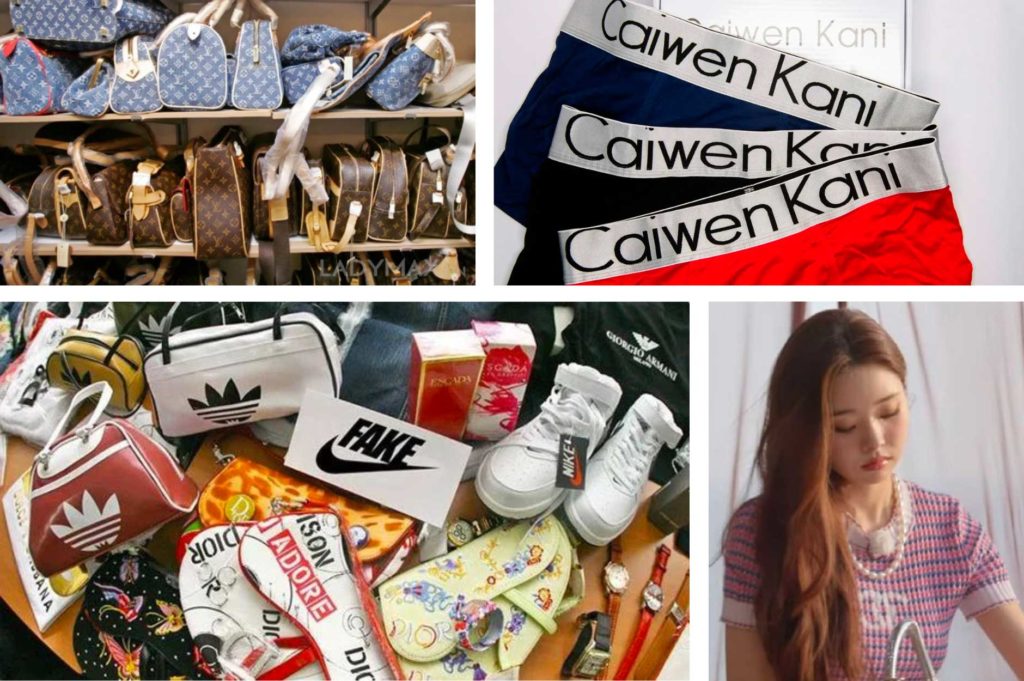
In China, there is the term “A-goods” that is used to describe the imitation products that imitate the design of luxury goods and steal the design ideas of luxury brands. This phenomenon is especially prevalent in second and third-tier cities because consumers in these cities cannot buy real Chanel bags, but they can find replicas on the street or online.
At the same time, many people choose to find a substitute in WeChat, often easily cheated, encounter fake goods, and lose a lot of money. Chanel, Hermes, and other luxury brands are, for the most part, hard to find in one bag, forcing buyers to find other ways to get their products. If you have a physical store, you can better realize the principle of “buy with confidence”.
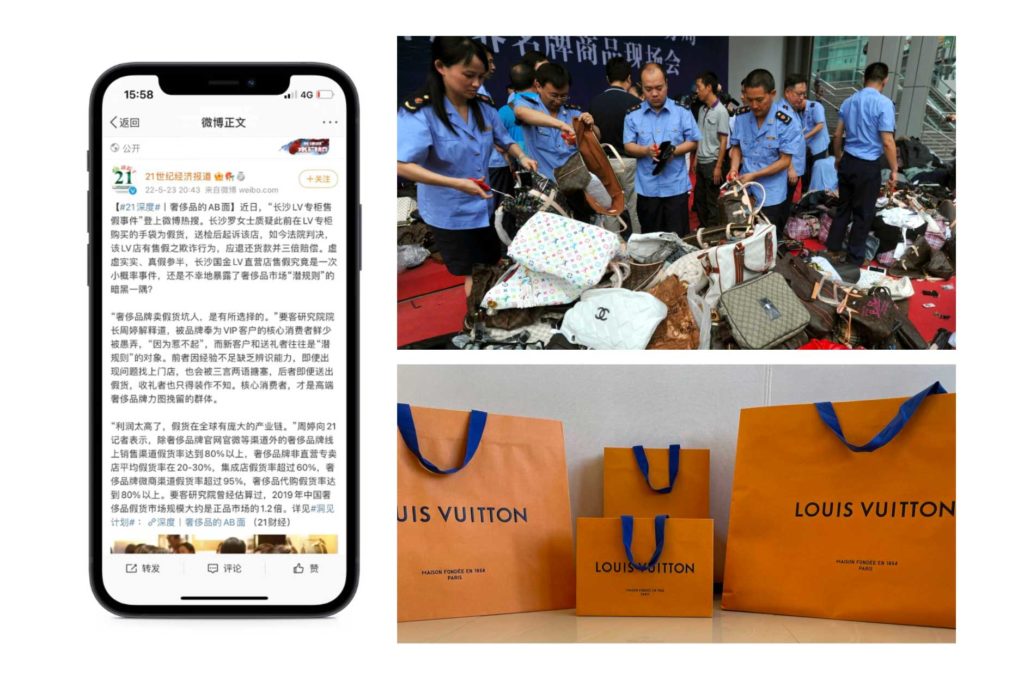
In May 2022, a big scandal occurred in mainland China for Louis Vuitton. A customer bought a fake LV handbag from LV offline store in Changsha, the capital city of Hunan Province. This event caused a serious impact on offline sales. It is the biggest scandal in luxury sales in China in recent years. What happened? The salesperson used fake bags to replace genuine ones and sell the genuine ones with discounts discreetly to private clients. This triggered people’s concern about their most trusted authorized store and shows how counterfeited products are widespread in China, and how careful you must be about this topic.
3. Changes in Consumption Habits
China has ushered in the era of “national online shopping”, thanks to the development of a new media, the KOLs (Key Opinion Leaders).

This is due to the development of new media and the promotion of KOLs (Key Opinion Leaders), who often compete to buy products to support their favorite celebrities. According to a recent report, consumers from Tier-2 and Tier-3 are likely to shop online twice as much as those from Tier 1 cities. However, 58% of respondents who surveyed online shopping products still prefer to shop in brick-and-mortar stores, and more than half of respondents said they do not mind shopping in a neighboring big city.
Social commerce is growing in popularity in China, with eMarketer estimating that “e-commerce retail sales will grow 27.3% to $1.935 trillion, or 36.6% of total retail sales.” Considering that top online retailer Alibaba shows no signs of stopping, Western brands should use their physical presence to compete with them, and international retailers can leverage modern technology and data-driven customer insights to create value.
How to Target these Cities with your Luxury Brand?
Do targeted ads on Chinese social media
When you have a better knowledge of your consumers’ data or the cities you want to target, you can implement targeted promotion and target ads. Especially on Weibo and Little Red Book, you can select the cities of the people. When you have a Tmall store, you can directly sell to Chinese consumers through your e-commerce store. The targeted ads from Weibo are a great option to drive traffic from lower-tier cities to your official flagship store.
Sell through a local distributor
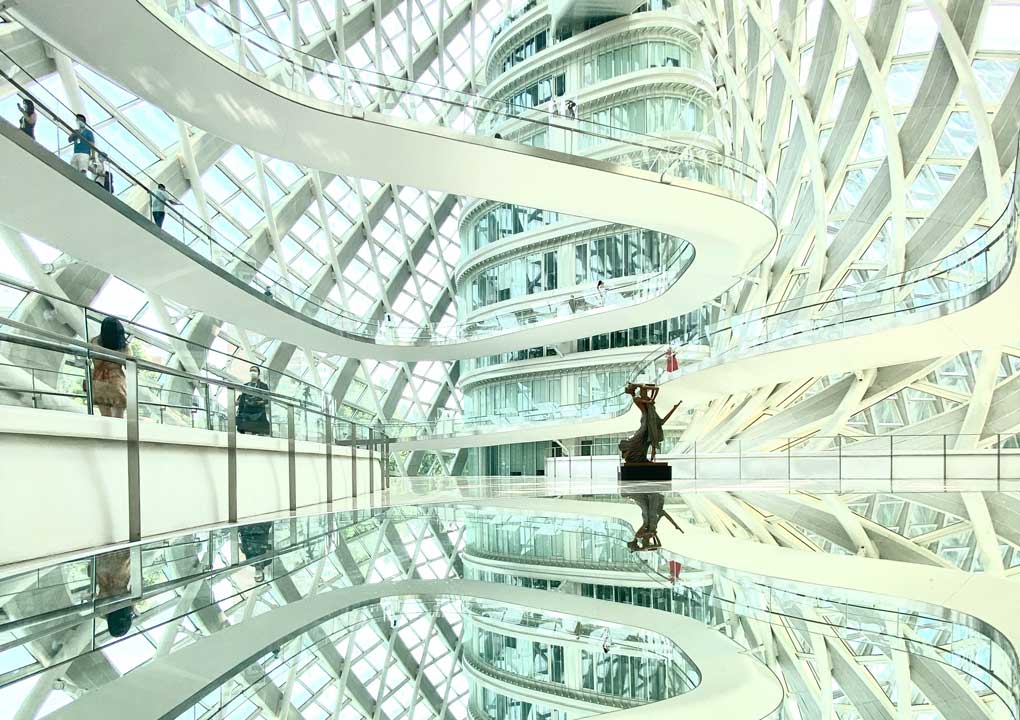
Since the country is very large, it can be difficult for a luxury brand to open several stores in Tier-2 and Tier-3 cities. The most cost-effective option remains to partner with local distributors and local retailers that will sell your products in their stores. It can be malls, concept stores, offline stores, online stores, or live streaming stores. In China, the distributors’ category is large and Chinese distributors will always try to get the best deal with low prices and brand exclusivity. Make sure you do not make any mistake by signing an exclusivity with a distributor on the Chinese market, otherwise you will never be able to work with another sales partner in China.
Discover our list of fashion distributors in China
Find the right partner
Indeed, there are many opportunities to develop your business in China. Thanks to the digitalization of society and new marketing tools. However, in China, you really need to gain market share faster than others, because the pace of business is very fast, and the environment is constantly evolving. Having a good partner will help you to avoid the mistakes always made by brands that start on the market.
In China, Gentlemen Marketing Agency (GMA) specializes in digital marketing and e-commerce. Because we worked in the market for the last 10 years, we know how to market efficiently your brand without doing the most common mistakes.
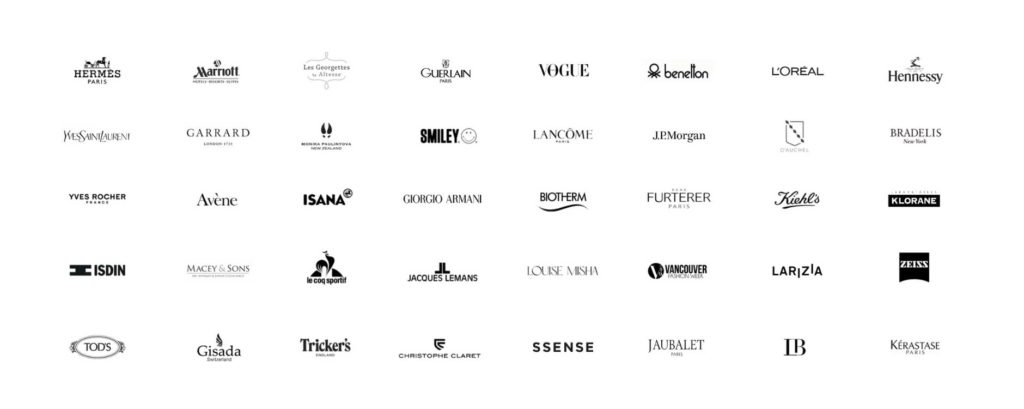
Contact us to know if your brand is a good fit for China

